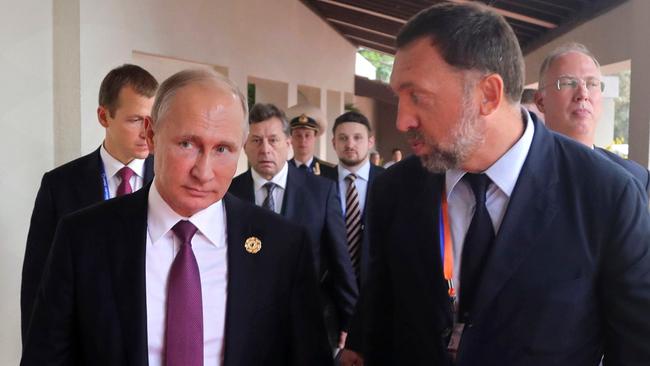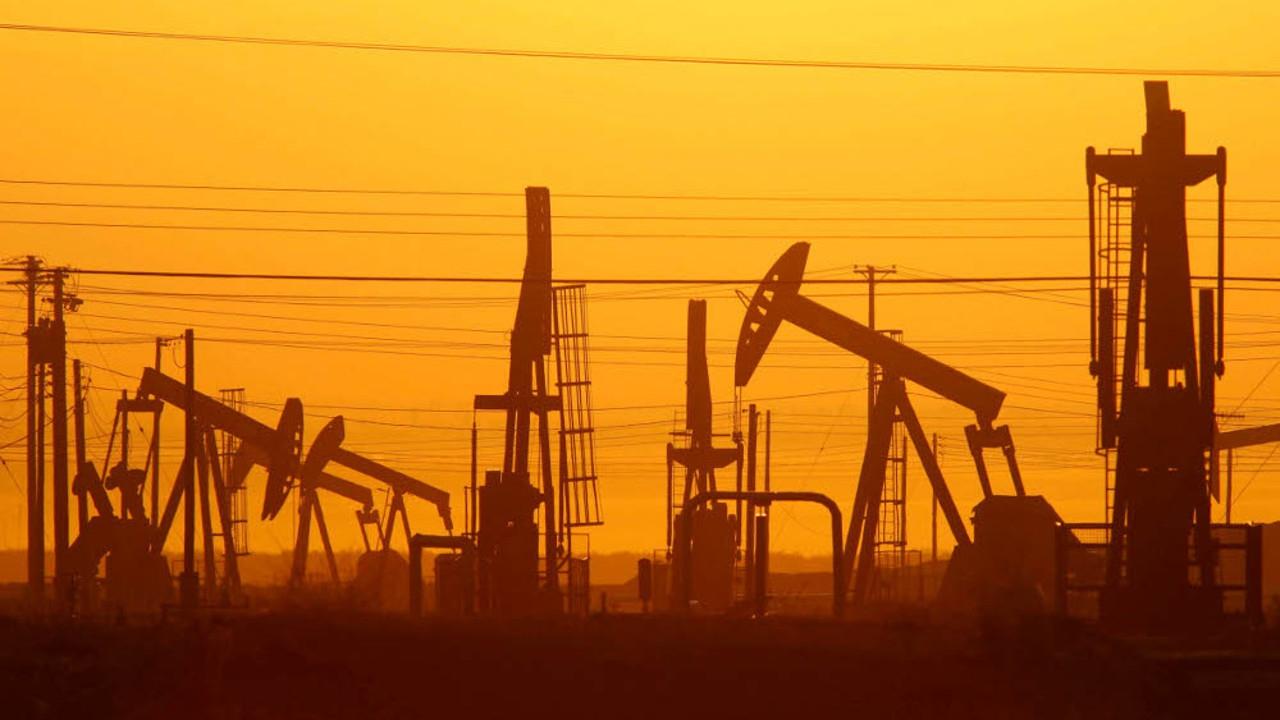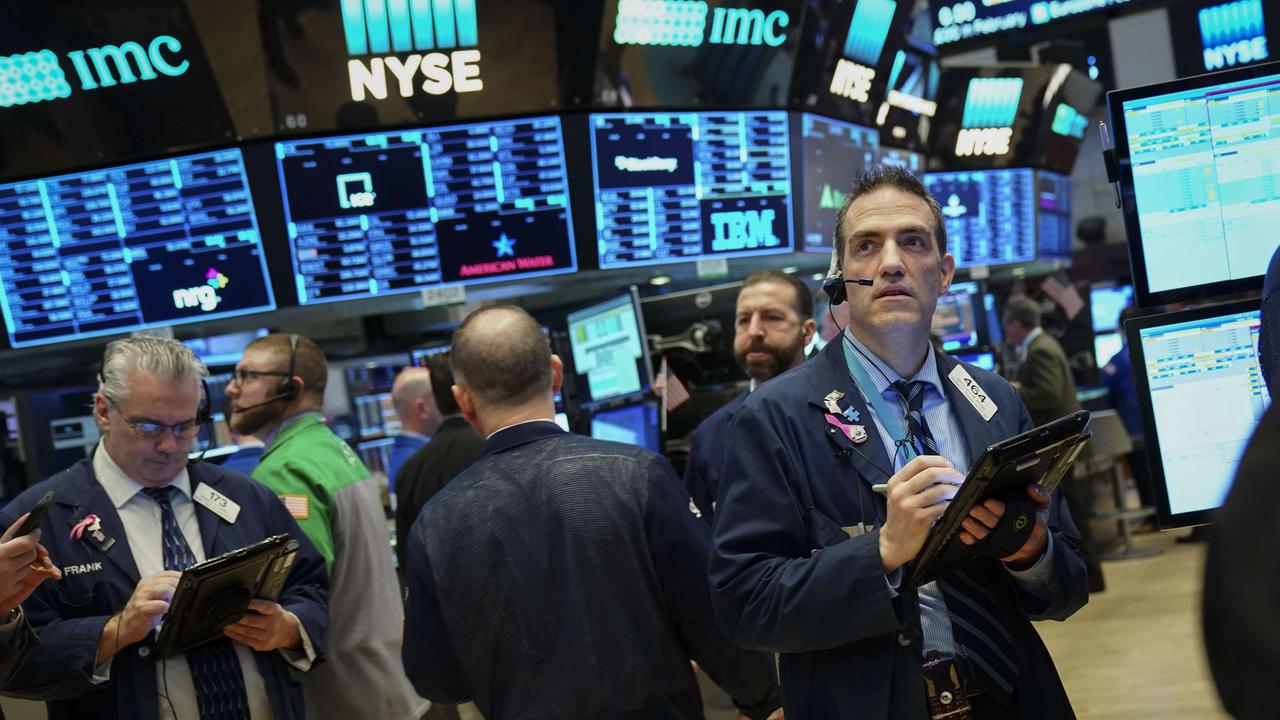US sanctions against Russia could buoy miners
The latest US sanctions are a horror story for Russia but may provide a tidy windfall for aluminium producers.

Friday’s sanctions against Russian oligarchs, government officials and Russian state-owned companies freeze their US assets, ban US citizens from doing business with them and brings into the sanction’s net non-Americans who "knowingly facilitate significant transactions" for them.
That latter element of the sanctions raises a series of question marks for non-American traders, lenders, partners and customers of Deripaska’s Rusal in particular, given that commodities are priced in US dollars. Already Rusal has warned they could result in technical defaults on its credit obligations.
The latest sanctions were linked by US Treasury to Russian interventions in Crimea, Syria, the Ukraine and its attempts to "subvert Western democracies," or more sweepingly its " worldwide malign activity”.
The most immediate and biggest impact was felt by Deripaska. His London-listed holding company, EN+ owns 48.13 per cent of Rusal, one of the world’s largest aluminium producers. EN+ shares have plunged nearly 50 per cent since the sanctions were announced, as have shares in the Hong Kong-listed Rusal.
Rusal, which accounts for about 13 per cent of non-Chinese aluminium supply, or about 6 per cent of global production, is the second-largest supplier of the metal to the US behind Canada. While the US accounts for only about 10 per cent of its output, the extension of their application to non-Americans places a question mark over a far greater proportion of its output.
There was an obvious and immediate knock-on effect from the impacts on EN+ and Rusal, with Glencore shares down about 3.5 per cent. Glencore has an 8.75 per cent stake in Rusal and its chief executive, Ivan Glasenberg, sits on its board. It is also Rusal’s largest customer.
Conversely, shares in Alcoa and Alumina have spiked — Alcoa by about 5.4 per cent and Alumina by nearly 12 per cent — as the aluminium price, already trading at quite elevated levels relative to its pricing in recent years (despite a recent softness caused by the rising trade tensions between the US and China), surged about 8 per cent.
Rio Tinto was also up, albeit quite modestly. As a major producer it would benefit if the impact on the aluminium price were sustained. It does, however, have Rusal as a 20 per cent partner in its Queensland Alumina refinery.
In fact, Rusal has extensive relationships with Western companies, including major car companies, so the ripple form the sanctions could spread quite widely and perhaps in unexpected places.
While the London Metals Exchange has said it will continue to trade Rusal metal, for instance, the extent of the coverage of the sanctions will make Rusal-branded metal — which is said to be a very significant proportion of the LME stocks — rather unattractive. There will also be a major question mark over the financing of aluminium inventories.
The fear and confusion generated for markets by the sanctions isn’t confined to aluminium.
Gazprom, the Russian gas giant that supplies about a third of Europe’s gas, wasn’t named in the list of those sanctioned but its CEO, Alexei Miller, was.
The CEO of Surgutneftegaz, a major Russian oil producer, was also named. While the company was already subject to sanctions, the extension in their coverage to non-Americans could also impact Russia’s oil exports and those, like Glencore, Trafigura, Vitol and others who market them.
That phrase within the sanctions that covers those who "knowingly facilitate significant transactions" will have a chilling effect on the buying and trading of all Russian-originating commodities, even those not yet explicitly covered by the latest sanctions.
There are those who have described the list of the oligarchs, officials and businesses target as random and incomplete if it were to be an assault on the Kremlin’s inner circle. That has fuelled fears in Russia and beyond that the list might well be lengthened. It isn’t surprising that the rouble fell quite sharply.
The sanctions won’t be without cost to the US. As a result of its tariffs on steel and aluminium imports — and, because Russia wasn’t exempted from the tariffs even though the US was targeting China — US manufacturers were already facing higher input prices.
With China self-sufficient in aluminium, it is unclear where, if anywhere, Rusal’s volumes might be sold if the US is effective in preventing non-Americans from dealing with the company. If the sanctions do flow through the wider catchment area that the sanctions are designed to capture, there could be a significant impact on prices throughout the western world.






The latest US sanctions against Russia are a horror story for Russia, Oleg Deripaska and those his companies trade with but it may provide a tidy windfall for others like Alcoa, Alumina and, perhaps, Rio Tinto.